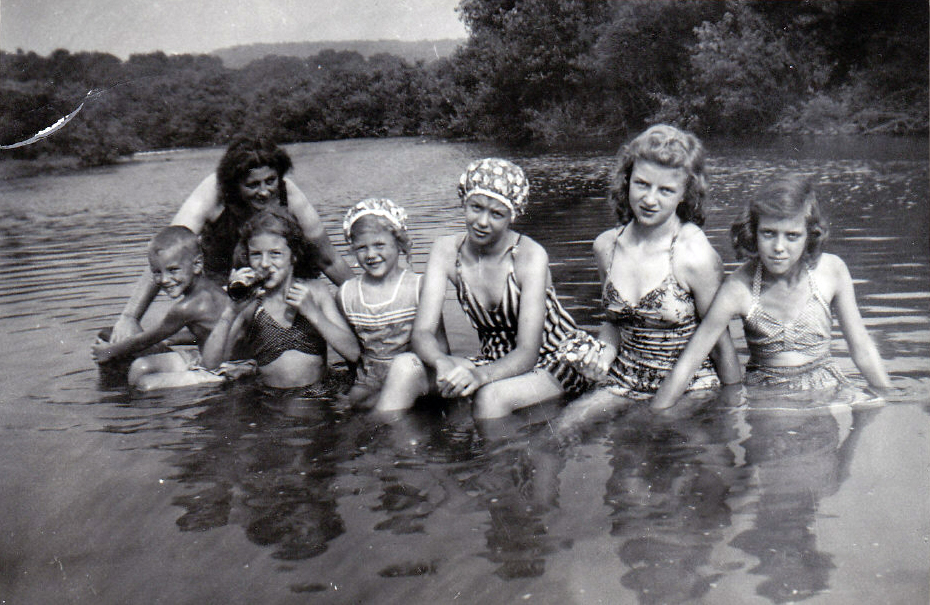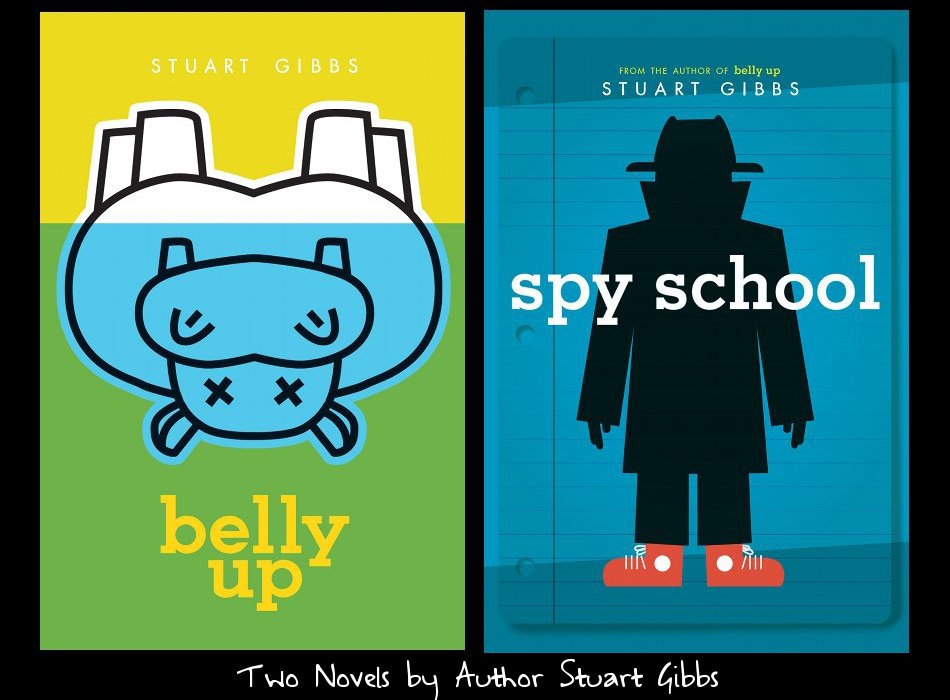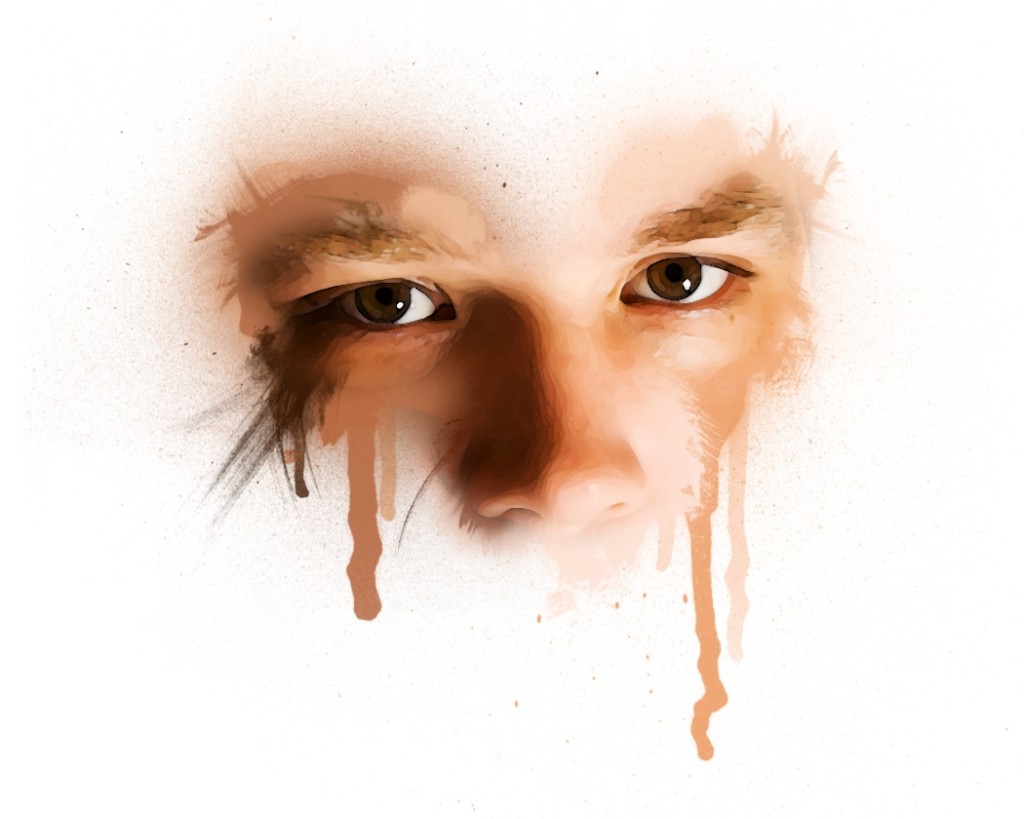“Love. Fall in love and stay in love. Write only what you love, and love
what you write. The key word is love. You have to get up in the morning
and write something you love, something to live for.” – Ray Bradbury
Here’s what I know about love – it might just be the easiest thing to feel, naturally, I mean, for it seems one of the most inherent human emotions.
As we go through life, however, so many experiences and senses and other emotions tend to get tangled up with love so that, for some, it becomes almost inextricably bound to things like trust and self-worth (or perhaps I should say to a lack of trust and a lack of self-worth, and to fear).
As a result, it might also be one of the hardest things for some of us to feel (or to allow ourselves to feel, maybe). If it’s right, it can fill you up completely. If it’s wrong, it can leave you feeling empty and inexplicably lost.
I don’t intend to discuss the origins of the word or to examine just how much of its once-upon-a-time thunder (or happily-ever-after magic) may have been lost over the years due to people loving, well, pretty much everything – I’m a culprit in that as well, having told my parents numerous times as a boy how much I loved hotdogs (that’s all I ate, period, one entire summer), sunshine (I’m solar powered, I just know it), root beer floats, and a slew of other things.
Inside, I knew what I meant. I understood the subtle and the sometimes vast differences between types of love, but that’s the problem. The word doesn’t just mean one thing anymore. Some people wield it without a second thought. Others cherish it, unwilling to use it except for the rarest of circumstances. I’ll do my best to describe what I mean here so that the magnitude of its importance is conveyed, but I’m sure I may put off a few purists in the process.
This is NOT a romance piece. But it is about first love. My first love. I may also get around to the sort of love Bradbury alluded to above, though that’s not something I knew anything about until recently.



